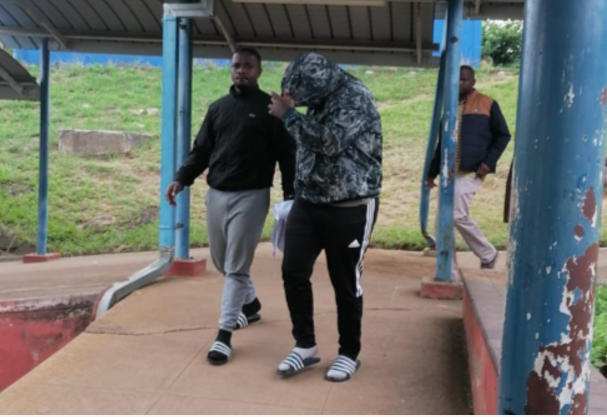
Eswatini has declined South Africa’s request to extradite suspects linked to the high-profile murder of rapper Kiernan AKA Forbes and his friend Tebello Tibz Motsoane. The decision has sparked legal and diplomatic tensions between the two nations, complicating efforts to bring the alleged perpetrators to justice.
The refusal stems from Eswatini’s legal framework, which lacks an extradition treaty with South Africa. Additionally, Eswatini’s constitution prohibits the extradition of its citizens unless specific legal provisions align with such a request. Authorities in Eswatini have reiterated their commitment to upholding the rule of law while stressing their limited capacity to comply without a binding treaty.
The murder of AKA and Tibz in Durban earlier this year shocked fans and drew widespread attention, increasing pressure on South African law enforcement to secure justice. Investigations identified suspects believed to have fled to Eswatini, leading to the extradition request.
Eswatini’s stance raises questions about regional cooperation in combating cross-border crimes. Legal experts suggest alternative approaches, such as joint investigations or prosecution within Eswatini, to ensure accountability. Civil society groups have called for diplomatic engagement to address loopholes in the legal systems of both nations.
This development underscores broader challenges in Southern Africa’s judicial cooperation, highlighting the need for treaties and frameworks to handle extradition and other transnational legal matters effectively. For now, the lack of resolution in this case leaves many unanswered questions, with justice for AKA and Tibz hanging in the balance.

